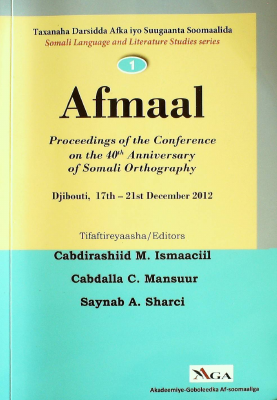Why has Somalia taken drastic measures to ban popular platforms like TikTok and Telegram? A bold move by the Somali government aims to curb the spread of extremist propaganda and indecent content, reflecting a growing global concern over digital safety. This decision not only highlights the challenges faced by nations in regulating online spaces but also underscores the complex relationship between technology and governance.
In recent developments, the Somali government announced an official ban on several digital platforms, including TikTok, Telegram, and 1XBet, citing their role in spreading horrific content. The Ministry of Information stated that these platforms have been exploited for terrorist propaganda, gambling, and inappropriate material, posing significant risks to public morality and national security. This action follows increasing reports of misuse, particularly by extremist groups such as Al-Shabaab, which have long utilized encrypted messaging apps for operational coordination and recruitment efforts.
| Platform | Reason for Ban | Impact | Reference |
|---|---|---|---|
| TikTok | Spread of indecent content and harmful material | Reduced access to entertainment but improved control over media consumption | BBC News |
| Telegram | Exploitation for terrorist activities and illegal operations | Disruption of communication channels used by extremist groups | Reuters |
| 1XBet | Promotion of online gambling and financial fraud | Prevention of economic crimes and protection of vulnerable populations | Al Jazeera |
The impact of this decision extends beyond mere regulation; it reflects broader societal concerns about the influence of technology on cultural values and individual behavior. For instance, TikTok's popularity among younger demographics raised alarms regarding exposure to age-inappropriate content. Similarly, Telegram's end-to-end encryption feature, while beneficial for privacy, became a double-edged sword when misused by criminal organizations. These factors compelled authorities to act decisively, prioritizing public welfare over technological freedoms.
Historically, Somalia has struggled with maintaining law and order due to prolonged conflicts and weak institutional frameworks. In this context, controlling digital spaces becomes crucial for preventing further destabilization. Al-Shabaab, designated as a terrorist organization by multiple international bodies, has effectively leveraged social media and messaging apps to disseminate its ideology and recruit followers. By restricting access to these tools, the government hopes to weaken the group's operational capabilities and reduce its reach within local communities.
However, critics argue that such bans could infringe upon citizens' rights to free expression and information access. They contend that instead of outright prohibition, alternative solutions such as increased monitoring, collaboration with tech companies, and awareness campaigns might yield better results without compromising fundamental freedoms. Moreover, enforcing these restrictions poses logistical challenges given the porous nature of digital borders and the existence of workarounds like Virtual Private Networks (VPNs).
Meanwhile, the emergence of niche communities centered around shared interests, such as Wasmo Somali Telegram groups, showcases both the positive and negative aspects of online connectivity. While these platforms provide opportunities for cultural exchange and networking, they can also serve as breeding grounds for misinformation or divisive rhetoric if left unchecked. Balancing inclusivity with accountability remains a critical challenge for policymakers worldwide.
Notably, incidents involving Somali pirates highlight another dimension of cybercrime facilitated through digital means. During trials held in Virginia, former hostages recounted harrowing experiences of torture at the hands of captors who coordinated via encrypted communications. Such cases underscore the necessity of robust cybersecurity measures and international cooperation to address transnational threats effectively.
As Somalia navigates this delicate terrain, its approach will likely influence similar decisions across Africa and beyond. Striking the right balance between safeguarding society and preserving digital liberties requires thoughtful consideration of diverse perspectives and adaptive strategies tailored to evolving circumstances. Ultimately, fostering responsible use of technology while addressing legitimate concerns forms the cornerstone of sustainable progress in the digital age.



